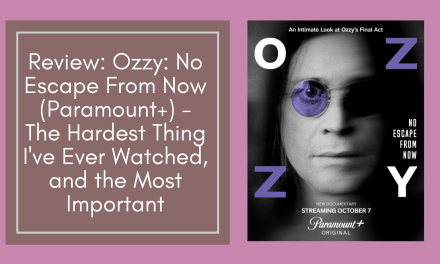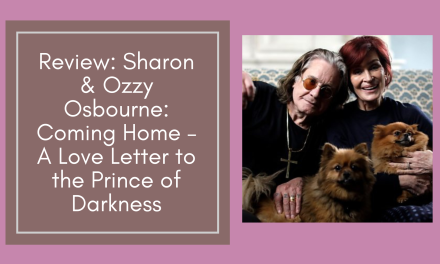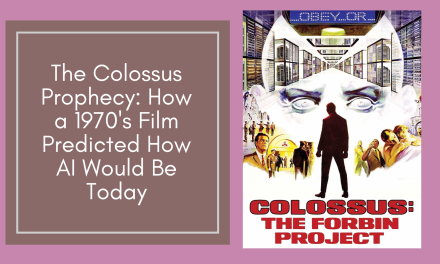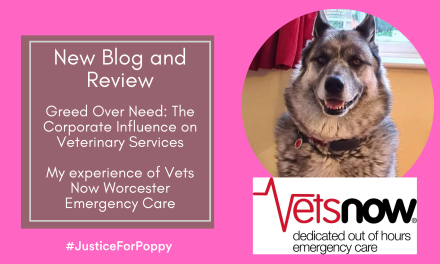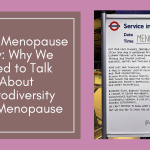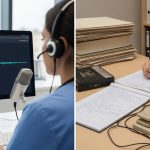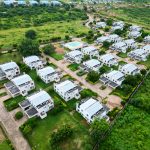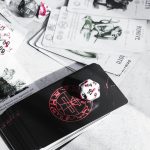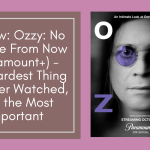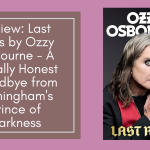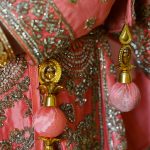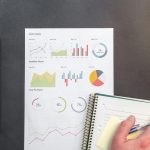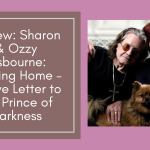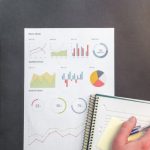Since I was diagnosed with autism in 2018 and subsequently ADHD, dyspraxia and dyscalculia in 2023 I’ve received a myriad of different responses and comments to sharing my diagnoses. For the most part they have been nothing but positive and supportive, which has been amazing. However, two things stood out to me – one was someone on Facebook who replied, “but you don’t look like you are neurodivergent!” and two was meeting a leading cyber security professional at an event who I hadn’t seen for a long time who remarked about my diagnosis. “I read about it on LinkedIn, who knew!” they said.
Who knew indeed. I mean, I didn’t even know I was neurodivergent. I knew I was different, I knew I didn’t fit in with the world, I worked tirelessly to try and fit in, and my masking was top notch. My diagnosis not only was a huge surprise, but one that I was not actively seeking. If I hadn’t taken part in the study that my doctor asked me to do, I still wouldn’t know about it.
These two comments have stuck in my mind. Do those who made them think I am not neurodivergent because I don’t look like I am? What exactly does someone who is neurodivergent look like? I found the comments to be quite unsettling and I have spent lots of time looking at myself in the mirror since. I have studied all my features and lines in detail, looking for something, anything, that would give away the fact that I am neurodivergent in my face.
But I don’t see anything there.
Inside however, it is a completely different story.
Getting my diagnosis has changed my life. I no longer feel like I don’t belong, that I don’t fit in. I do fit in – it is just that I fit into a different world and a different life. I am no longer masking who I am because I don’t need to. This has led me to unblocking some people who did me wrong in the past on social media, because I don’t have to be anything I’m not anymore. I don’t care if those people see me on social media, or follow my posts, or find out that I am #ActuallyNeurodivergent. I forgive them for all the wrong they did to me. I am their equal, not underneath them, which is how I used to feel. It is very empowering and liberating.
Neurodivergent conditions do not have a specific “look”. They are invisible and cannot be seen or spotted in many cases. Look around your world and notice all the people in it and around you. Some of these people could be neurodivergent, but would you know if they are? Would you suspect that they are neurodivergent?
Embracing neurodiversity is extremely important, and I urge employers, recruiters, educators and even the public to be mindful of this. You may see behaviours in others that are alien to you, or that you think are not “normal”. As a result, there is a danger that these individuals will be “written off”, especially in the workplace due to these misconceptions and assumptions. All neurodivergent people need is a little extra support rather than being ostracised, shut out or rejected.
So I ask anyone reading this to not take appearances at face value. I don’t look like I am neurodivergent, but it doesn’t make me any less neurodivergent. I intend to embrace my neurodiversity and be positive about it, not fear it or have it as something I am not proud of.
I am a fully functioning adult, I contribute much to the world and I am proud to be #OpenlyNeurodivergent.
_____________________________________________________________________________
Do you have a personal experience, story or insights linked to neurodiversity which you would like to share? If so, please get in touch.

